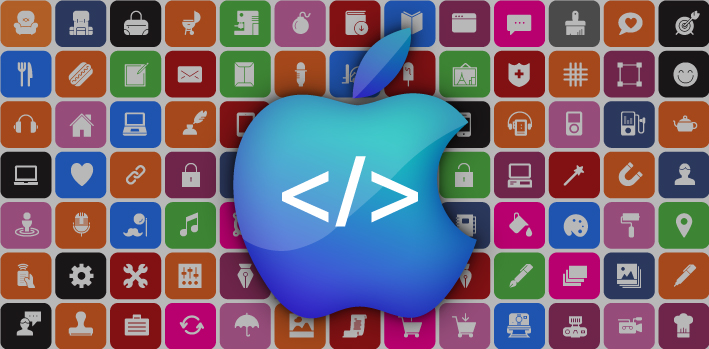
With the annual releases of the iPhone, Apple has created a growing and stable community of followers with its popularity. This is due in part to Apple’s tendency to always provide something fresh with its yearly hardware updates along with multiple software iterations that enhance the experience but at the same time, support the older generation handsets.
But that’s not the only reason the iPhone is well regarded by so many. It also provides a treat of sorts to iOS development enterprises who look towards providing unforgettable experiences to the end user. Developing on the iOS platform is getting more and more popular especially for iOS app development companies in India as well who’s numbers continue to grow.
With that in mind, it’s important to understand what it is that goes into this. That means understanding what benefits do iOS application development companies gain. It’s also important to understand that such benefits will also bring about its own set of restrictions or barriers that these iOS application development companies need to adhere to.
Why Develop on iOS?
It’s already been stated that the iPhone ecosystem is popular worldwide with a community that is constantly growing.
1. The Brand
There’s no denying that iPhones sell like hotcakes. It’s fair to say that over 10 Million units have been sold worldwide. This is no small amount and presents a great opportunity for iOS application development companies to tap into these segments to provide their own unique experiences.
2. A Constantly evolving Market
The mobile market is growing and the iOS platform is at the center of it all. Indeed, it is an experience of its own in that it caters to a segmented of more premium smartphone users whose numbers are only growing especially in India. This is a step in an evolution for iOS application development companies in India as well.
3. Ease of Accessibility
With newer versions of the iOS updates, Apple has begun rolling out SDK to download. This is available for anyone including iOS application development companies who wish to develop and market their apps for the App Store. While this may not necessarily make everyone a developer, it’s an added benefit for those showing the slightest of interests.
4. Popularity
This more of an add on to previous points, but iPhone applications vary on the basis of genres. This provides for more exclusive experiences since many today, look at the iPhone as not just any smartphone, but an extension of their daily lives.
Everything Within its Limit
While there are benefits to behold, developing on a renowned platform such as iOS will also come with its own set of limitations or rather restrictions.
1. Controlled Entry
It’s no secret and no surprise either. Not everyone gets a bite of the cake. That means that not all apps, no matter how good they are, make it to the App store. Devices first have to be registered and developers will also need UDIDs which then lead to the generation of installation links for beta releases. Apple is also known for its automated checks which if not taken seriously, can lead to immediate rejection of submission. This could be due to lack of meta-data, major bugs present in the output and even failure to comply with Apple’s guidelines (Which are quite strict).
2. Hard on the Pocket
While developing mobile applications in general are no cheap task, the environment provided in terms of iOS development could prove to burn a hole through your pocket. The process also involves iOS application developers having to buy a Mac specifically to develop. While these machines are not cheap by any manner, what adds to the pain is having to pay Apple $99 as an annual fee to be allowed the privilege to develop for them.
3. A Complex Learning Curve
Apple tends to make effective use of Objective-C which is not a commonly used programming language incorporated by developers. This is a stark contrast to developers that prefer to use other programming languages such as JAVA. While preferences tend to be polarized, but Apple’s preference towards Objective-C tends to make for a much more complex learning curve, especially for developers who aren’t accustomed to it.
Whether an iOS application development company intends to create an application, it’s always recommended to consider the benefits against the restrictions. Most businesses tend to always want to capture the incredible market iOS has to offer. While trying to get a share of it isn’t wrong, it should be taken up in a well-researched manner.
Related read: Cumulations Adopt Swift for iOS App Development


 +91-984-5825982 | +91-996-4689921
+91-984-5825982 | +91-996-4689921 sales@cumulations.com
sales@cumulations.com Send your requirement
Send your requirement 


